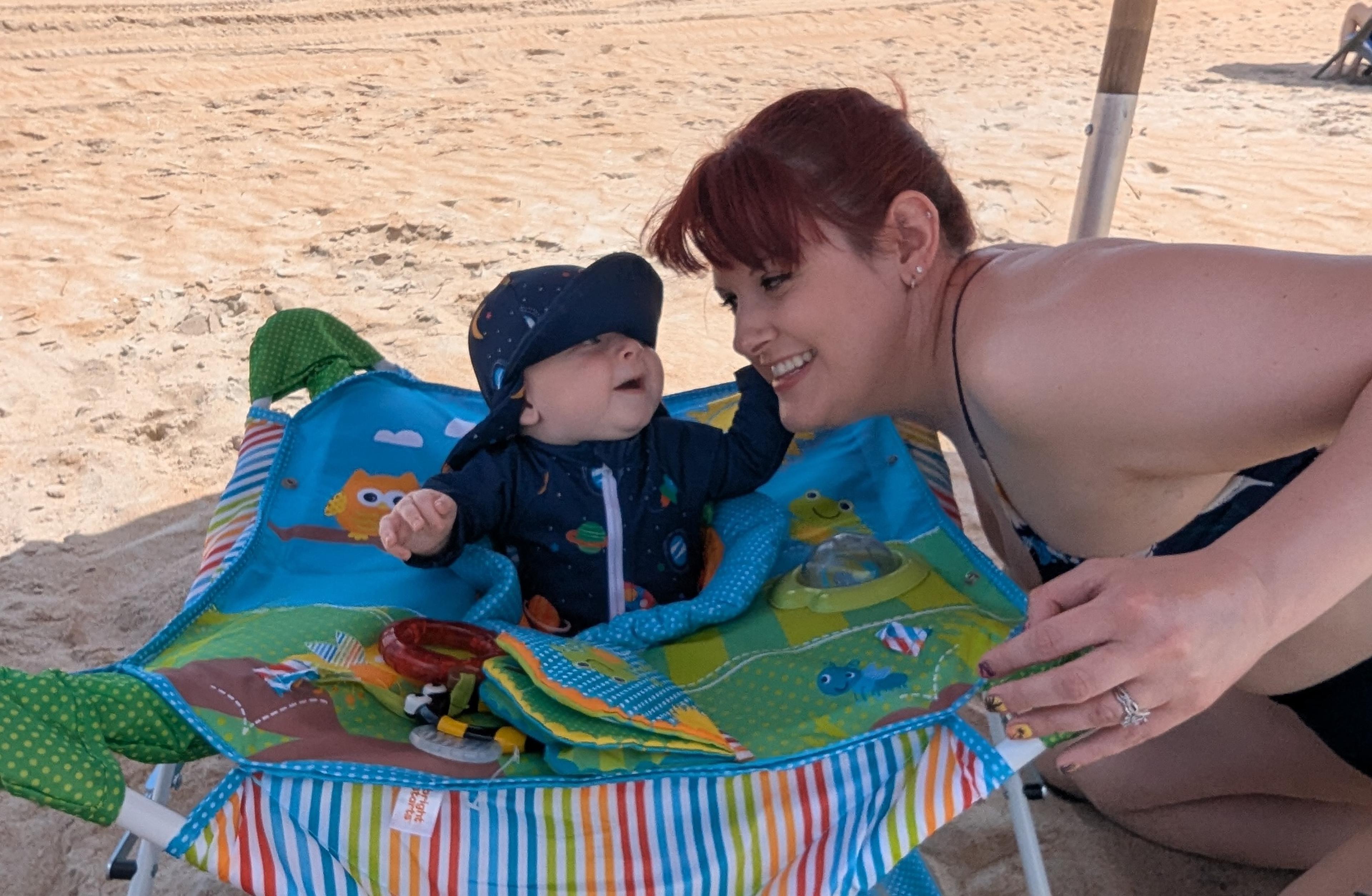How I Combat Travel-related Anxiety

Monica Drake
| 3 min read

With school out for the summer, July is one of the most popular months to go on vacation.
Taking a break from work and traveling somewhere else should be something to look forward to. Afterall, that’s the whole point, isn’t it? I, however, usually dread going on vacation.
That’s because I struggle with travel anxiety.
I can probably trace my vacation-related anxiety back to a trip I took to London when I was 19. On the first day, my wallet was stolen. I lost my ID, my credit cards, my recently converted British pounds and all my pre-paid event tickets. Since I've had generalized anxiety disorder for as long as I can remember, this only exacerbated the anxiety I already had.
Now, I become an anal-retentive mess during the days and weeks leading up to a vacation. I become obsessed with the thought of forgetting or losing something. Add on having to worry about packing for a baby instead of just myself, and this obsession has only grown.
Earlier this year, my family and I traveled to Florida to visit my husband’s parents. We traveled by car to bring all our infant's necessities, and I kept thinking, "What if we get in a car accident? What if the baby screams the whole 20-plus hours? What if the car seat hurts his developing body?" This led to me obsessively Googling best practices for long car journeys with a baby.
I won't say traveling with a baby was a walk in the park, but none of my worst-case scenarios happened either. While it is good to be prepared, getting stuck in a cycle of catastrophic thinking is usually unproductive and causes unnecessary distress.
Here are some tips I've found that helped ease my worries:
1. I made a list of all the things I would need and checked off the items as I packed them.
2. I packed the things that aren't easily replaceable first, like my driver's license and prescription medications. If I forgot anything else, like a bathing suit or phone charger, I reminded myself I could purchase it there.
3. I found an audiobook I was excited to listen to and saved it for the trip.
4. When a "what if" thought popped into my head, I would ask myself, "What is the actual likelihood of this happening? What evidence do I have to support this worry? What are some more realistic outcomes?" For instance, there’s only a one in 13.7 million chance of dying in a plane crash, according to a Massachusetts Institute of Technology study.
5. Also, I remember that prepping for the worst-case scenario isn't always a bad thing. It was helpful to do research before our trip to make sure my son was safe on our long drive. I made sure my bags were never unattended, and I downloaded the Waze app to see any upcoming traffic delays and alternate routes.
6. I tried to focus on the positives of my trip, like seeing my in-laws and friends who lived in the area and not having to take my baby boy to day care for two whole weeks.
A vacation is supposed to be a good thing. It's supposed to be a much-needed break. If all I do is worry, I'll forget to relax and recharge – the whole point of getting away in the first place.
Image: Courtesy of Monica Drake
Related:





